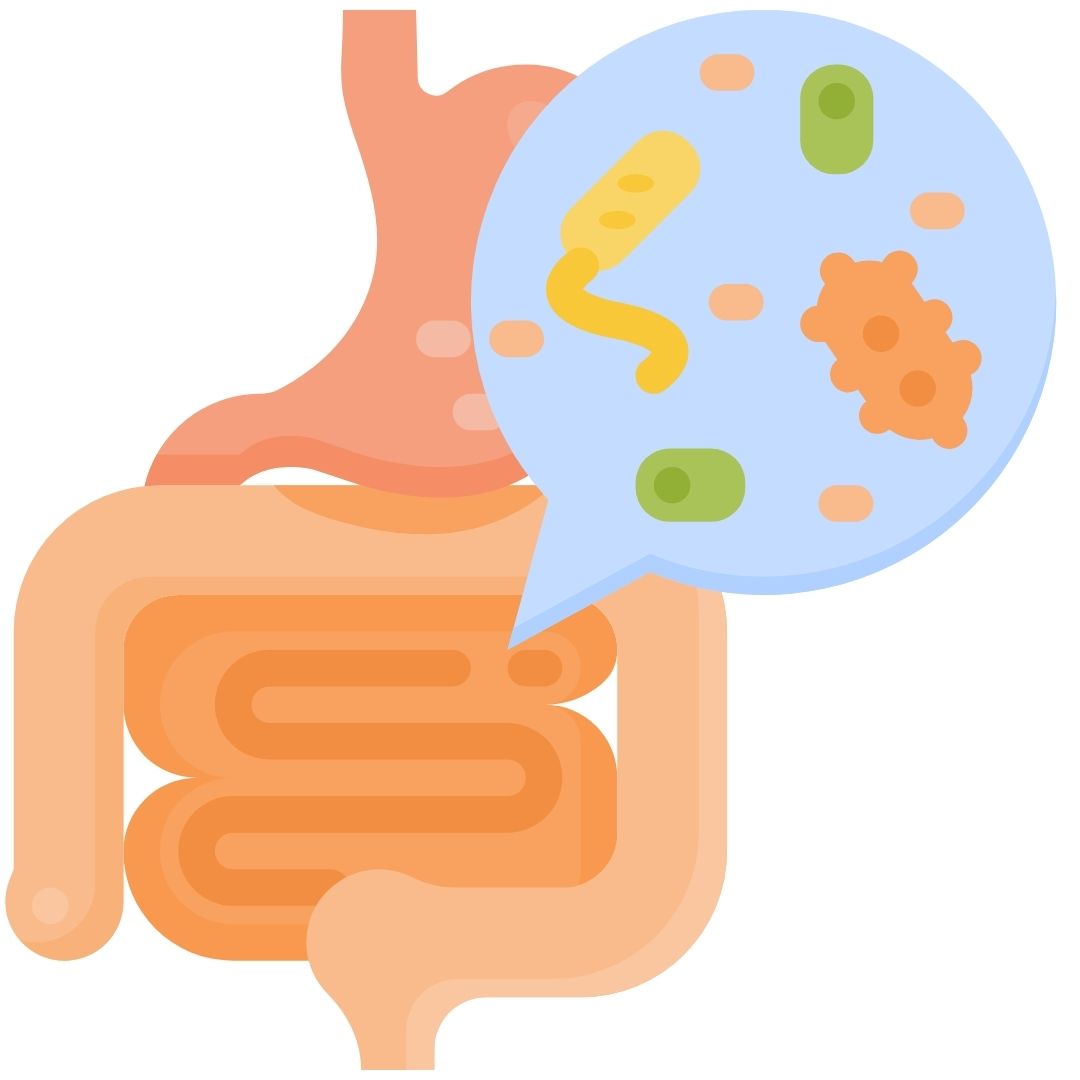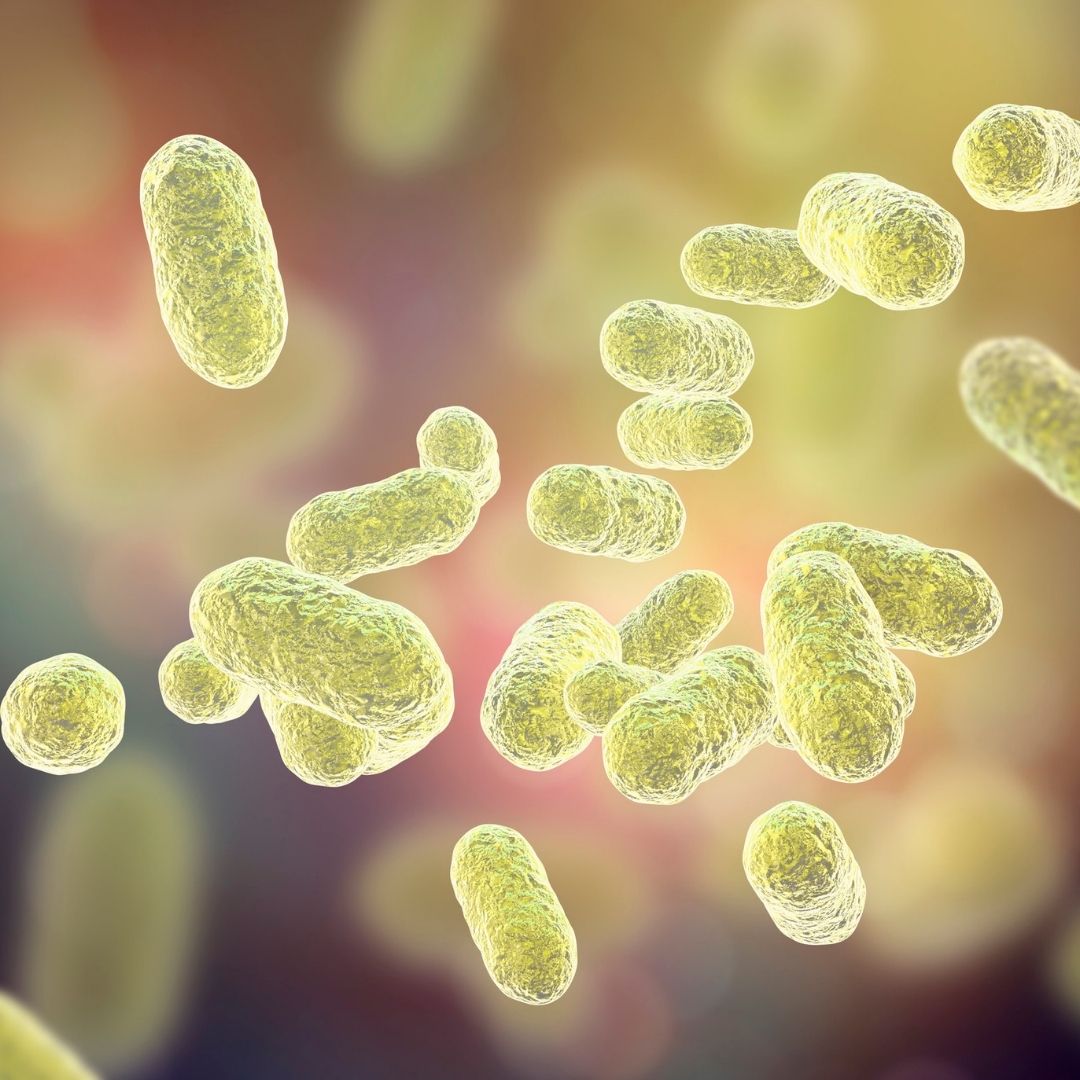
For your satisfaction and suggestions
İGÜMER

 in the recipient's obese phenotype. When gut microbiota from conventionally was raised in mice gastrointestine is administered to germ-free mice, a 60% increase in body fat and insulin resistance occurs. Researchers led by Jeffrey Gordon found that rats remained lean when they received faecal transplants from lean humans, while they gained weight when samples came from obese humans. Tests revealed that the bacteria called Bacteroides is more abundant in lean people and prevents the livings from getting too fat.
in the recipient's obese phenotype. When gut microbiota from conventionally was raised in mice gastrointestine is administered to germ-free mice, a 60% increase in body fat and insulin resistance occurs. Researchers led by Jeffrey Gordon found that rats remained lean when they received faecal transplants from lean humans, while they gained weight when samples came from obese humans. Tests revealed that the bacteria called Bacteroides is more abundant in lean people and prevents the livings from getting too fat. A healthy microbiota helps to protect the intestine systems against potentially harmful microorganisms and to develop the immune system. The healthy microbiota is called 'Obiosis', and the 'unhealthy' microbiota is called 'Dysbiosis'. In dysbiosis, the ratio of beneficial bacteria to harmful bacteria has changed. This leads to the deterioration of intestinal integrity. Permeable intestinal wall plays a role in inflammation caused by the entry of toxic substances into the body and in the formation of many diseases.The use of probiotics and prebiotics is recommended for the prevention of dysbiosis.
A healthy microbiota helps to protect the intestine systems against potentially harmful microorganisms and to develop the immune system. The healthy microbiota is called 'Obiosis', and the 'unhealthy' microbiota is called 'Dysbiosis'. In dysbiosis, the ratio of beneficial bacteria to harmful bacteria has changed. This leads to the deterioration of intestinal integrity. Permeable intestinal wall plays a role in inflammation caused by the entry of toxic substances into the body and in the formation of many diseases.The use of probiotics and prebiotics is recommended for the prevention of dysbiosis.© Copyright 2022 Istanbul Gelisim University All Rights Reserved.